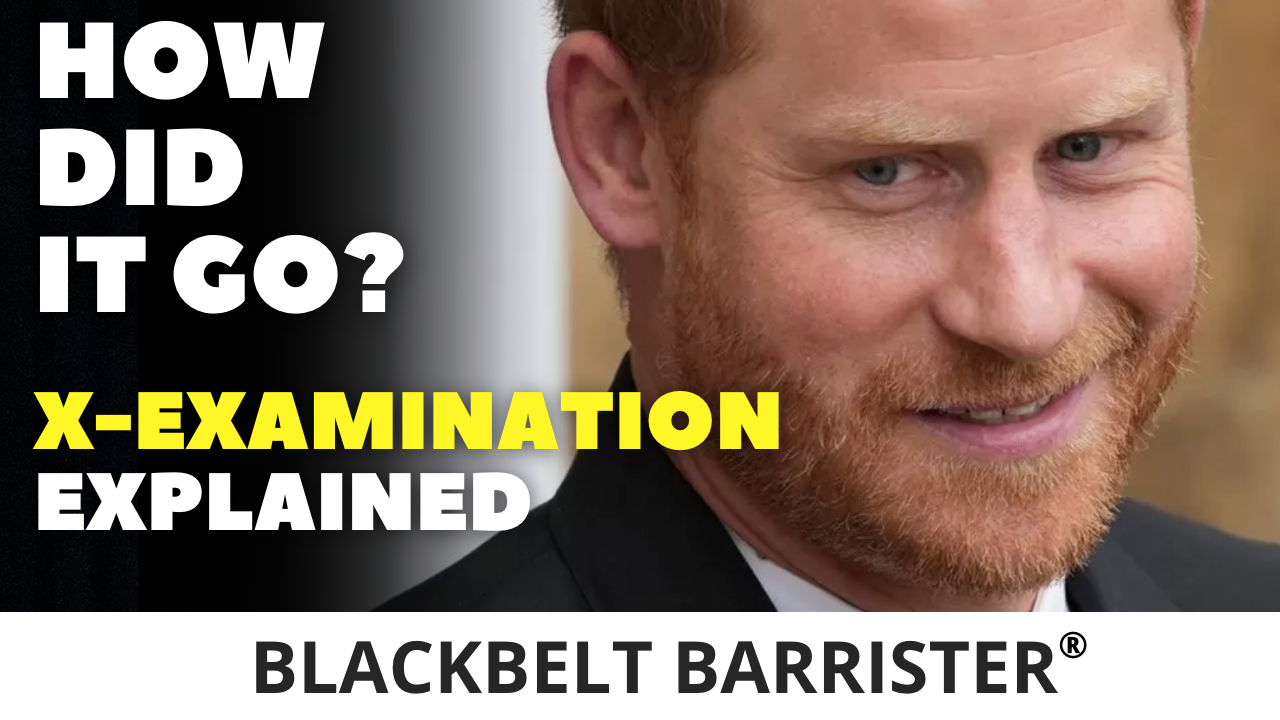In the world of law, understanding courtroom etiquette and the intricacies of witness testimony can be the difference between winning and losing a case. This article delves into these aspects, providing valuable insights for both legal professionals and laypeople alike.
The Importance of Listening
One of the first rules of being a good witness is to listen carefully to the questions being asked. It’s crucial to understand the question fully before attempting to answer. This not only ensures that you provide accurate information but also prevents you from offering more information than necessary, which could potentially harm your case.
Honesty is the Best Policy
Honesty is paramount in the courtroom. Witnesses should always strive to tell the truth, even if it might seem detrimental to their case. Judges and juries are adept at detecting dishonesty, and being caught in a lie can severely damage a witness’s credibility. Moreover, it’s important to remember that lying under oath is a criminal offence, punishable by law.
Maintaining Neutrality
Even if you’re testifying on behalf of a friend or family member, it’s essential to maintain neutrality. Being an obvious partisan witness can lead to the judge questioning the credibility of your testimony. Instead, aim to present the facts as you know them, without showing bias.
The Pitfalls of Blaming Your Legal Team
Blaming your legal team for your statements is a common mistake witnesses make. However, this can backfire, as it suggests that the evidence presented is not truly yours. Remember, the court is interested in your evidence, not what your lawyers have prepared. If you claim that your lawyers drafted your statements, it’s no longer your evidence, and this can be detrimental to your case.
The Art of Concession
Being willing to concede on everything except the ultimate issue can be a powerful strategy in the courtroom. This approach shows that you’re reasonable and open to accepting facts that might not be in your favour, which can enhance your credibility. However, it’s crucial to stand firm on the key issue at stake in your case.
The Dangers of Filling Space
In the courtroom, silence can be uncomfortable, and witnesses often feel the need to fill it by continuing to talk. However, this can lead to them revealing more information than necessary or even contradicting themselves. It’s better to answer the question asked and then wait silently for the next one.
The Role of Lawyers
Finally, it’s important to remember that lawyers are there to guide and support you. They can help you understand the process, prepare for your testimony, and navigate the complexities of the courtroom. However, they can’t testify on your behalf, and blaming them for your statements can undermine your case.
In conclusion, being a good witness requires careful listening, honesty, neutrality, and a willingness to concede on minor points while standing firm on the key issue. Avoid blaming your legal team for your statements and remember that silence is often better than filling space with unnecessary information.
Prince Harry’s Cross-Examination: A Case Study
Prince Harry’s recent cross-examination in court provides a real-life example of the principles discussed above. The Duke of Sussex was involved in a lawsuit against Mirror Group Newspapers (MGN), where he testified in a London courtroom. This marked a historic moment, as he became the first senior royal to give evidence in a law court in 132 years1.
During his cross-examination, Prince Harry demonstrated the importance of attentive listening and concise responses. His straightforward and honest answers were noted by observers, enhancing his credibility as a witness2.
Despite the high-profile nature of the case and his personal involvement, Prince Harry maintained a neutral stance during his testimony. He presented the facts as he knew them, without showing bias, which is a key aspect of being a good witness3.
Prince Harry also avoided the common pitfall of blaming his legal team for his statements. He owned his statements, which is crucial because the court is interested in the witness’s evidence, not what their lawyers have prepared3.
In terms of the art of concession, Prince Harry was willing to concede on minor points while standing firm on the key issue. This strategic move showed that he was reasonable and open to accepting facts that might not be in his favour, which can enhance a witness’s credibility2.
Prince Harry also demonstrated the principle of not filling space with unnecessary information. After answering a question, he would wait silently for the next one, avoiding the risk of revealing more information than necessary or even contradicting himself2.
Finally, Prince Harry’s respectful interaction with his legal team was a testament to the important role that lawyers play in guiding and supporting their clients through the complexities of the courtroom2.
In conclusion, being a good witness requires careful listening, honesty, neutrality, and a willingness to concede on minor points while standing firm on the key issue. Avoid blaming your legal team for your statements and remember that silence is often better than filling space with unnecessary information. Prince Harry’s recent cross-examination serves as a practical example of these principles in action.
[1]: CNN
[2]: BBC News
[3]: BBC News
